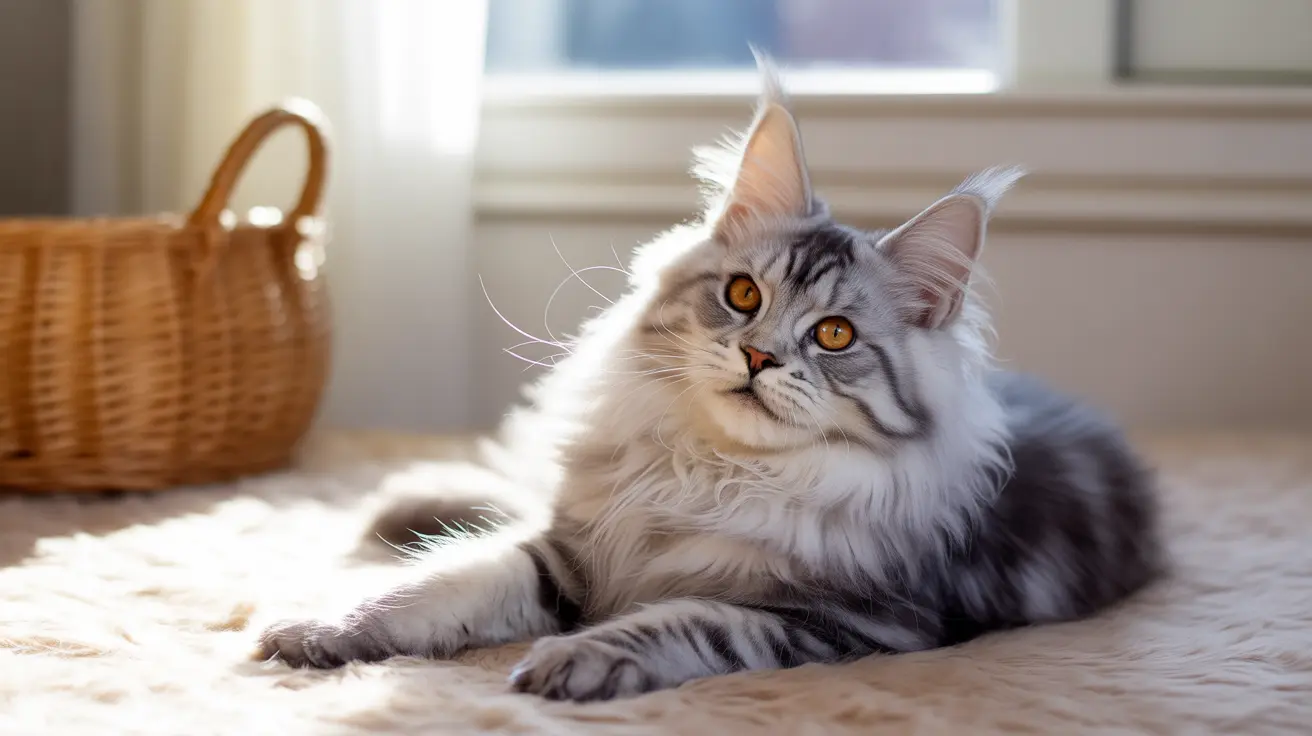The Science Behind Cat Ear Temperature
Cat ears serve as natural temperature regulators, equipped with an extensive network of blood vessels that help maintain body temperature. These highly vascularized organs can expand and contract blood vessels to either release or retain heat as needed.
When cats need to conserve body heat, blood flow naturally decreases to their extremities, including their ears. This biological mechanism helps protect vital organs by keeping warmth concentrated in the body's core.
Normal Reasons for Cold Cat Ears
Environmental Factors
- Room temperature fluctuations
- Proximity to air conditioning vents
- Recent outdoor exposure
- Draft from open windows
Rest and Sleep Cycles
During sleep or periods of rest, cats' bodies naturally reduce blood flow to their extremities, causing their ears to feel cooler. This is a completely normal physiological response and shouldn't cause concern.
When Cold Ears Signal Health Issues
Concerning Symptoms
- Lethargy or weakness
- Loss of appetite
- Pale or bluish gums
- Excessive shivering
- Changes in behavior
Medical Conditions to Consider
- Hypothermia
- Poor circulation
- Heart problems
- Shock
- Frostbite (in extreme cases)
Monitoring Your Cat's Temperature
The normal body temperature for cats ranges from 99-102.5°F (37.2-39.2°C). While ear temperature isn't the most reliable indicator of overall body temperature, persistent coldness combined with other symptoms warrants veterinary attention.
How to Check Your Cat's Temperature Safely
- Use a pet-specific thermometer
- Compare ear temperature with body core
- Monitor for changes in ear temperature over time
- Consult your vet if unsure
Prevention and Care Tips
- Keep indoor temperatures moderate
- Provide warm sleeping areas
- Limit exposure to cold environments
- Monitor outdoor cats during winter
- Ensure proper nutrition for good circulation
Frequently Asked Questions
Why are my cat's ears cold even when the rest of their body feels warm?
This is often normal due to the natural temperature regulation process in cats. Their bodies redirect blood flow to vital organs, especially during rest, causing extremities like ears to feel cooler.
When should I worry if my cat's ears are persistently cold?
Be concerned if cold ears are accompanied by lethargy, loss of appetite, pale gums, or significant behavioral changes. These combinations of symptoms warrant immediate veterinary attention.
How can I safely check if my cat's ear temperature is normal at home?
Gently touch your cat's ears and compare them to their body temperature. While not as accurate as a thermometer, this can help you notice significant changes. For precise measurements, use a pet-specific thermometer.
What are the common health issues that cause cold ears in cats?
Health issues that may cause cold ears include poor circulation, hypothermia, heart problems, and shock. However, environmental factors and normal rest patterns are more common causes.
How can I help warm my cat's ears and prevent frostbite during cold weather?
Keep your cat indoors during extreme weather, provide warm bedding, maintain moderate indoor temperatures, and ensure they have access to warm, draft-free areas. Never use direct heat sources on cold ears, as this can cause injury.
Remember, while cold ears can be concerning, they're often normal and related to your cat's natural temperature regulation. However, if you notice other concerning symptoms along with cold ears, don't hesitate to consult your veterinarian for professional guidance.






